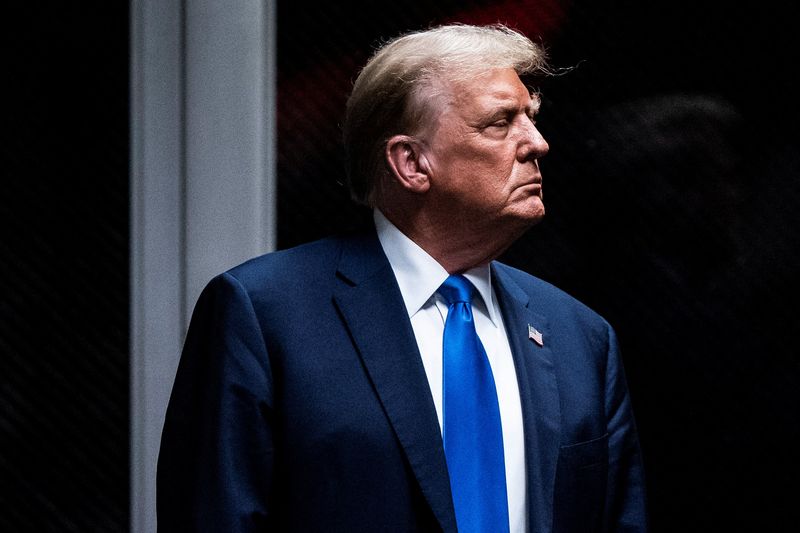Governor Phil Murphy’s handling of the COVID-19 pandemic has come under intense scrutiny, and some critics argue his actions warrant legal consequences. At the center of the controversy is a policy requiring nursing homes to accept COVID-positive patients discharged from hospitals. This decision, intended to free up hospital beds, resulted in devastating outbreaks in nursing homes, including state-run veterans’ homes. The loss of life was significant, leading many to call for accountability.
Now, with Donald Trump potentially set to return to the presidency, political tensions are escalating. Trump has made it clear he views Murphy as a political adversary, and some fear his administration could pursue legal action against the New Jersey governor. These concerns have reignited debates about whether President Joe Biden should preemptively pardon Murphy, effectively shielding him from any potential prosecution.
Fueling this political clash is a separate issue involving Trump’s New Jersey golf courses. Murphy’s administration is moving to revoke liquor licenses at three of Trump’s properties, citing the former president’s recent criminal conviction in New York. Trump has called this “political lawfare,” framing it as a retaliatory attack and promising to fight back.
While the idea of a pardon is raising eyebrows, it’s worth noting that Murphy has not been charged with any crime. Without formal charges, the question of a pardon remains hypothetical. However, the political stakes are undeniable, and both sides of the aisle are closely watching how this situation develops.
Many in D.C. have speculated Biden could issue blanket pardons for crimes to be charged with later for others such as Liz Cheney, Adam Schiff, and perhaps the President himself.
Murphy, for his part, has defended his administration’s pandemic policies as difficult but necessary decisions made during an unprecedented crisis. He has also implemented reforms to address long-term care facility issues, including improved staffing standards and communication protocols. Whether this will satisfy critics—or deter legal challenges under a Trump administration—remains uncertain.
For now, the question of a Biden pardon is speculative, but it highlights the charged political climate and the potential for more contentious battles ahead.
